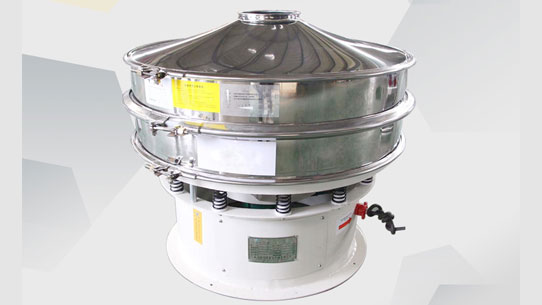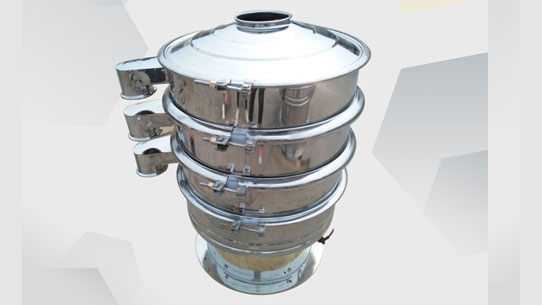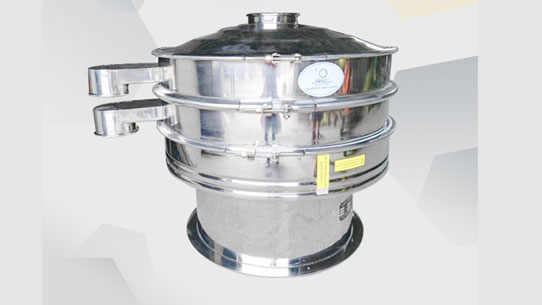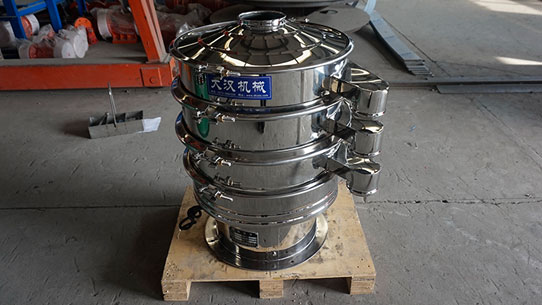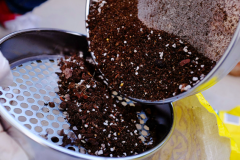Standard test sieve | Standard test sieve price analysis
Tuesday May-13 2025 17:27:26
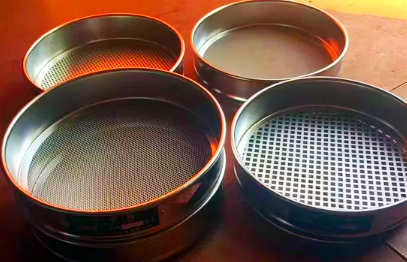
Standard test sieves are mainly used for particle size analysis of granular and powdery materials, liquid solid content and debris detection. The screen frame diameter of this equipment usually has various specifications such as 75mm, 100mm, 200mm, 300mm, etc. The screening particle size ranges from 0.025mm to 3mm, and can accurately separate 2 to 7 particle segments. Standard test sieves are important tools for screening granular materials and are widely used in laboratories, building materials, chemicals, food processing and other fields.
Price Quotes
The price of standard test sieves varies depending on the brand, material and specification. Generally speaking, the price of basic models may range from a few hundred to a few thousand yuan. The price of standard test sieve is affected by multiple factors, mainly including the following points:
1.Screen accuracy and material
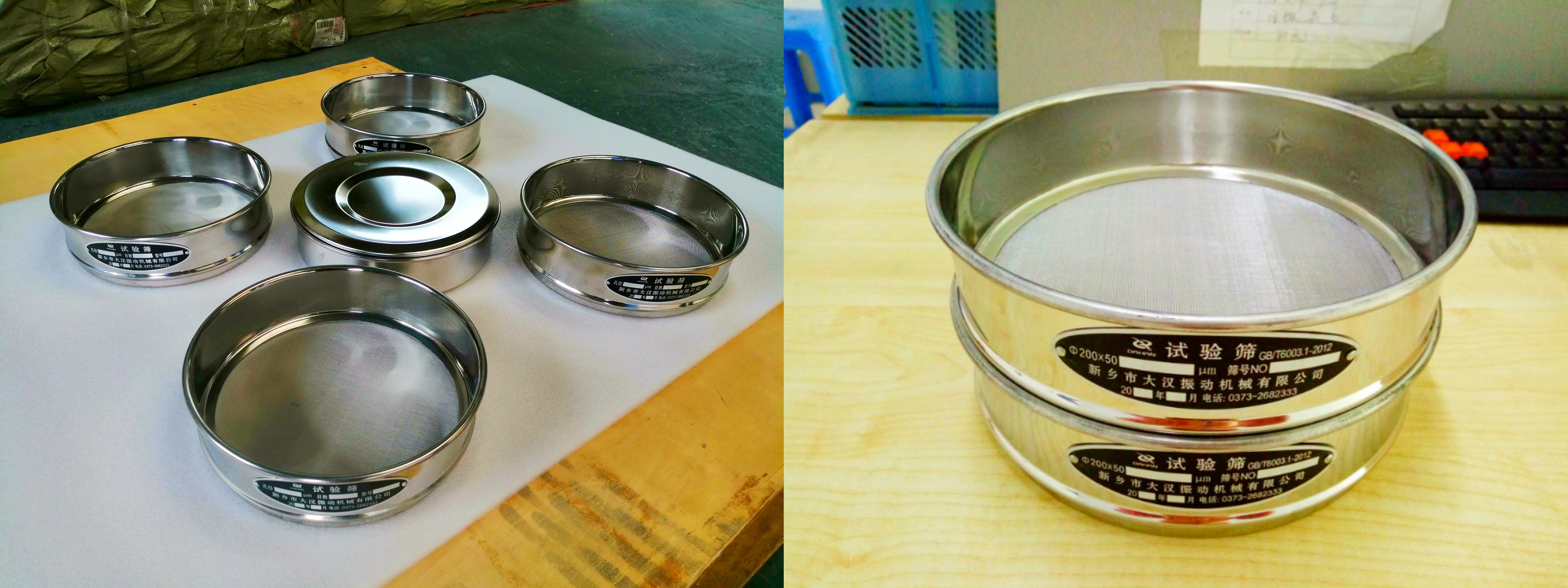
The screen is the core component, and its accuracy and material directly determine the screening effect and service life. The price of high-precision electroforming screens or test sieves using 316L stainless steel screens is significantly higher than that of ordinary woven mesh screens.
2.Screen frame material and processing accuracy
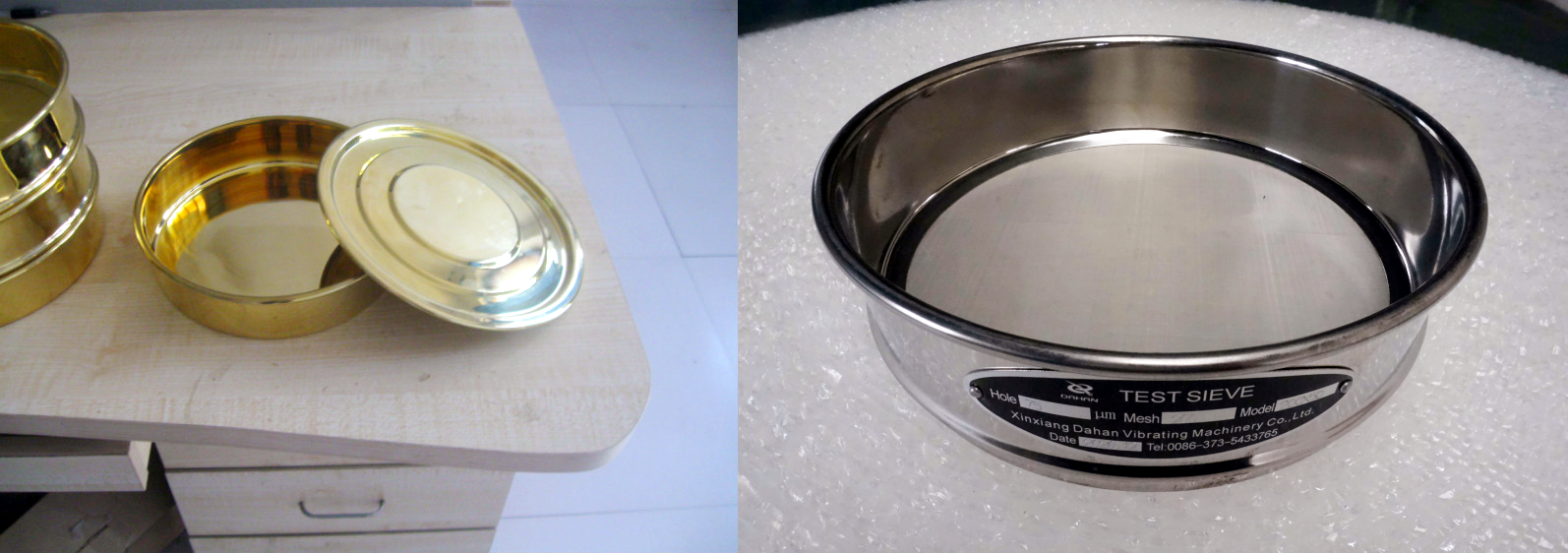
The screen frame is generally made of stainless steel or brass. The stainless steel screen frame has strong corrosion resistance, long service life, and a slightly higher price. The welding process, flatness and sealing of the sieve frame also affect the cost.
3. Specifications and quantity
Standard test sieves are mostly sold in sets (such as a set of φ200mm test sieves with 1 to 8 layers). The more sieve layers the user chooses, the higher the total price. Single-layer sieves can also be purchased separately.
How much does a sieve cost?
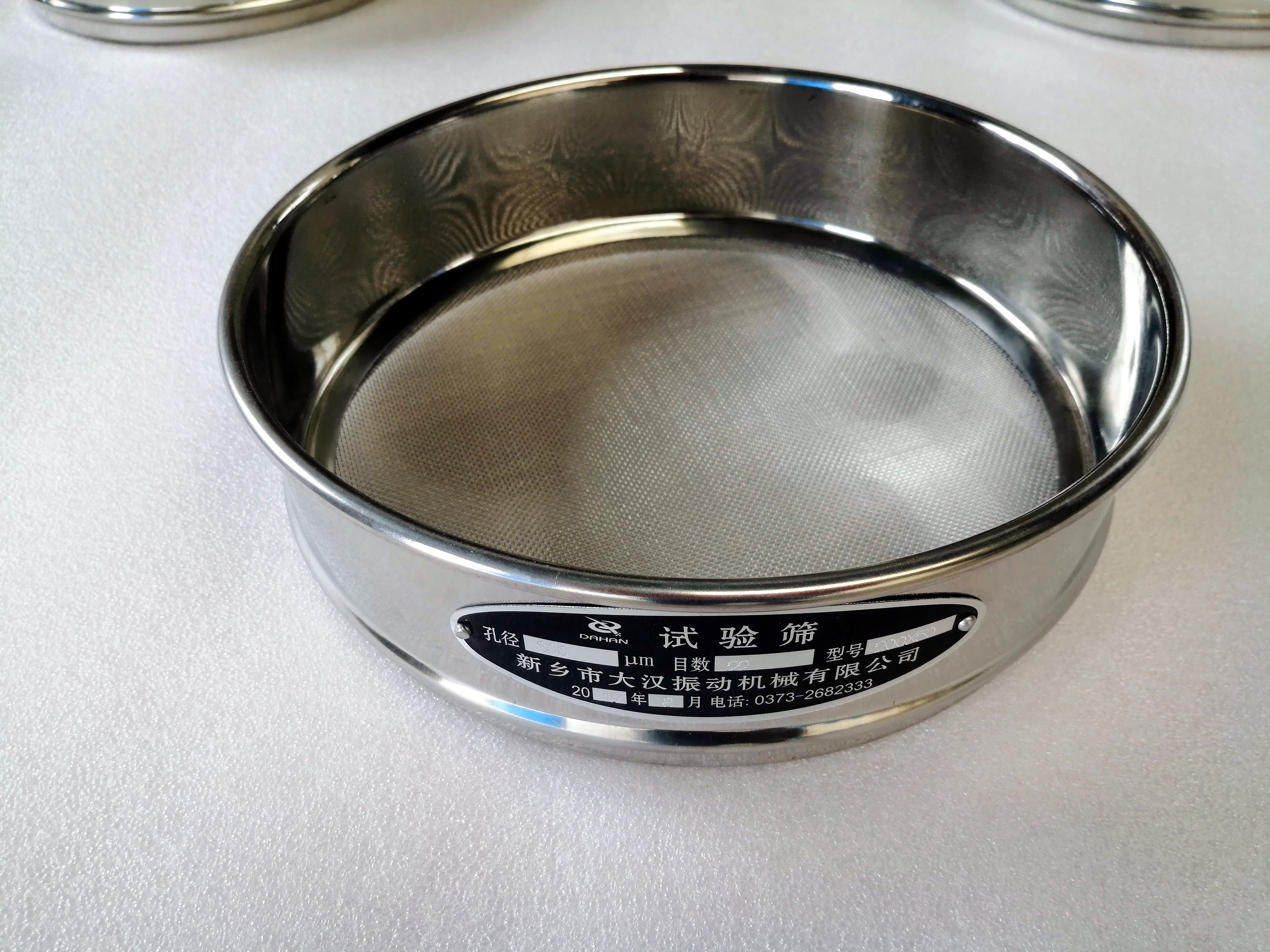
The price of a sieve ranges from US$75 to US$930. The price of a standard test sieve (also called a standard inspection sieve) varies greatly due to factors such as size, material, sieve hole accuracy, and manufacturing standards.
Conventional standard test sieve price range:
|
Project |
Parameter description |
Reference price (yuan/piece) |
|
Sieve frame diameter |
φ200mm (most commonly used) |
60~120 yuan |
|
Sieve frame material |
stainless steel (304) |
70~120 yuan |
|
Sieve mesh material |
stainless steel wire mesh (precision) |
80~150 yuan |
|
Sieve hole specifications |
0.038mm~10mm |
related to mesh accuracy, the higher the accuracy, the more expensive |
|
Copper sieve frame |
φ200mm, copper sieve |
100~180 yuan |
|
Electroforming mesh sieve |
φ200mm, electroforming mesh |
50~300 yuan/piece |
Price reference for a complete set of sieves and vibrating screens
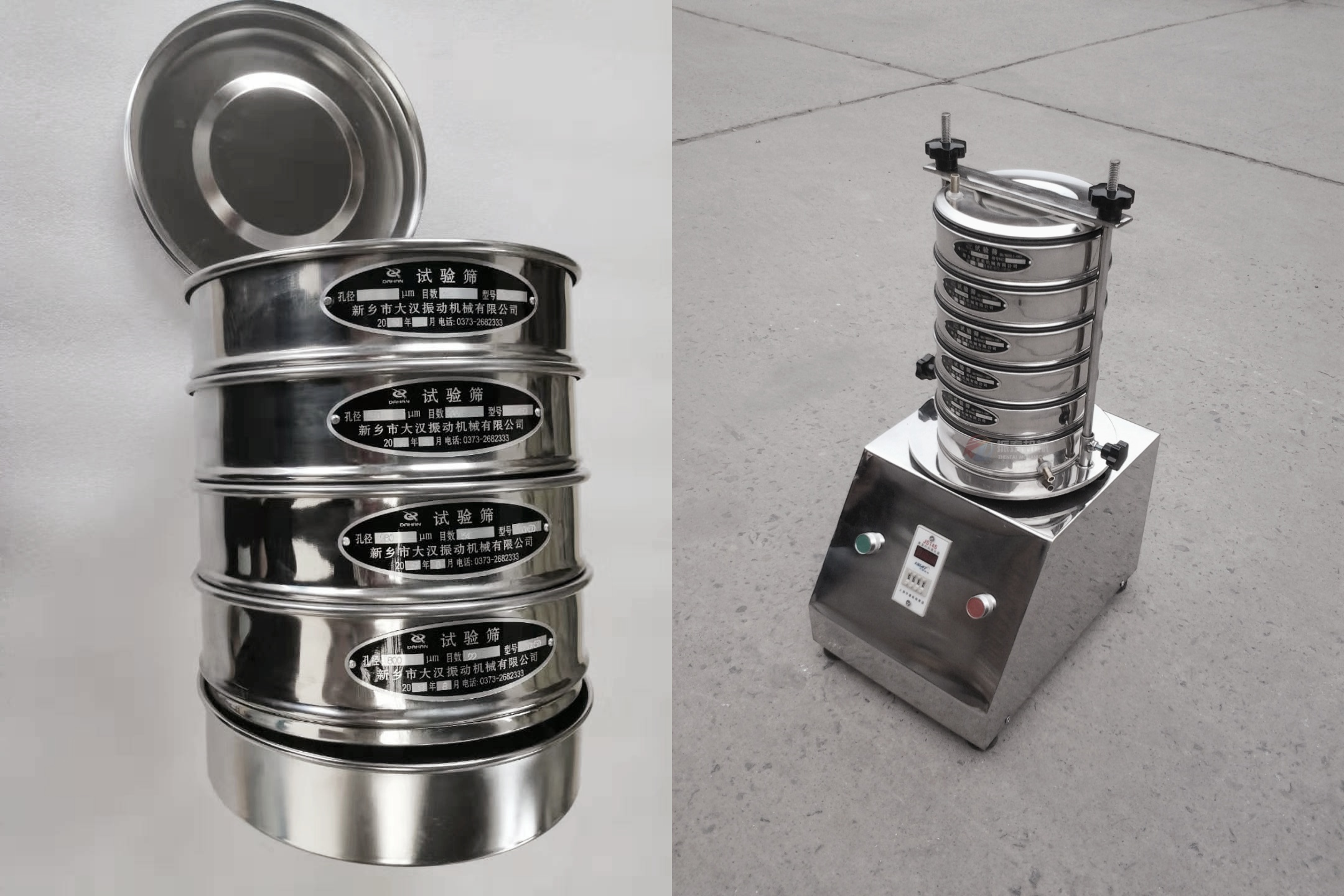
|
Product |
configuration |
price range (yuan) |
|
Sieve set |
φ200mm×6 layers+chassis |
400~800 yuan |
|
Matching electric vibrating screen |
+standard slapping screen or vibrating screen |
2000~5000 yuan/set |
Price trend and purchasing suggestions for standard test sieves
At present, the overall price of standard test sieves is relatively stable, with little fluctuation. The main variables affecting the price are material cost and labor processing cost. The price fluctuation of stainless steel raw materials in the past two years has had a certain impact on the price of sieve products, but the impact is relatively limited.
The purchasing suggestions are as follows:
If used for general industrial testing, you can choose a domestic conventional test sieve, which has a high cost performance;
If used for scientific research or high-precision analysis, it is recommended to use an electroforming sieve or an imported product;
When purchasing supporting vibrating sieve equipment, you should pay attention to the matching of parameters such as power, amplitude, and timing function.
What are standard test sieves for?
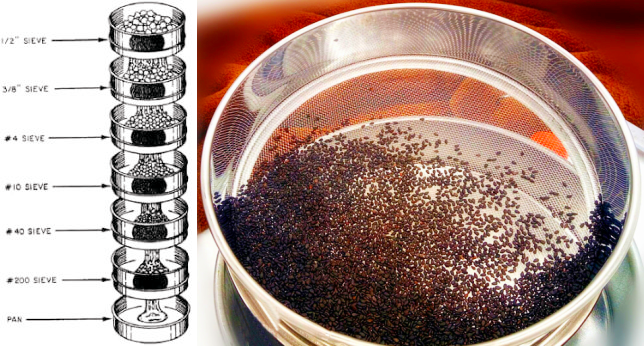
① Particle size analysis: Analyze the proportion of particles of different particle sizes in the material through a set of standard sieves with different sieve hole sizes. Standard test sieves are also commonly used for drawing particle size distribution curves and determining particle size ranges. Standard test sieves are an important basis for quality control and proportion design of various types of particulate matter.
② Particle classification: Mixed particle size materials are separated into several grades according to particle size (for example: >2mm, 12mm, 0.51mm, etc.). The graded samples can be used for different purposes or further processing.
③ Product testing and quality control: Standard test sieve can check whether powders and particles meet the particle size specifications to ensure stable product quality. Such as particle size qualification rate inspection of construction sand, cement, quartz sand, grain, fertilizer, etc.
④ Scientific research and experimental development: It is used to evaluate the particle size characteristics of raw materials in experimental research such as material research and development, particle engineering, soil science, and pharmaceutical preparations. It is also an important basis for the study of physical properties (such as specific surface area and bulk density).
Recommended mesh number of standard test sieve
|
Mesh number (Mesh) |
Sieve hole size (mm) |
Recommended use |
Common application materials |
|
5 mesh |
4.00 mm |
Coarse particle screening |
Sand, slag, feed particles |
|
10 mesh |
2.00 mm |
Coarse particle screening |
Cement clinker, mineral powder, fertilizer |
|
20 mesh |
0.85 mm |
Medium particles |
Soil, glass sand, abrasive |
|
30 mesh |
0.60 mm |
Preliminary screening of powder particles |
Metal powder, pharmaceutical granules |
|
40 mesh |
0.425 mm |
Conventional powder detection |
Flour, starch, ceramic raw materials |
|
60 mesh |
0.25 mm |
Medium and fine particle analysis |
Construction sand, quartz sand |
|
80 mesh |
0.18 mm |
Fine classification |
Cosmetic powder, graphite powder |
|
100 mesh |
0.15 mm |
Fine powder detection |
Medicinal powder, glass powder |
|
120 mesh |
0.125 mm |
High fineness detection |
Alumina, ceramic powder |
|
150 Mesh |
0.106 mm |
experimental screening |
fine chemical powder |
|
200 mesh |
0.075 mm |
micro screening |
cement, pharmaceutical powder |
|
300 mesh |
0.050 mm |
ultrafine powder classification |
carbon powder, iron oxide red |
|
400 mesh |
0.038 mm |
precision screening |
laboratory research powder |
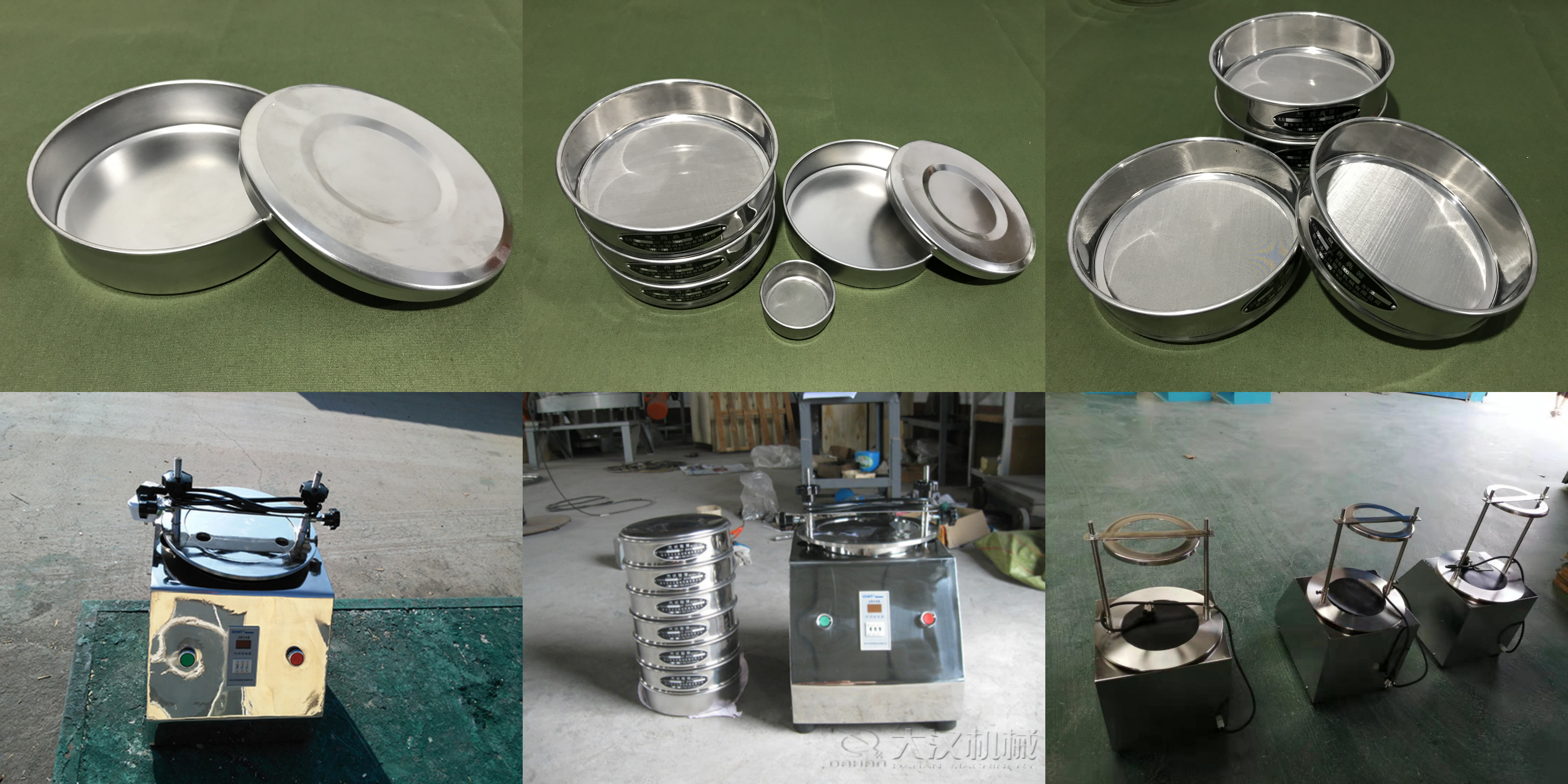
In order to get an accurate price, standard test sieve is recommended that you provide more specific requirements, such as:
What type of sieve do you need? (industrial, experimental, home, etc.)
What is the specific purpose?
Are there any special requirements for material, specifications, precision, etc.?
What is the required quantity?
With these more detailed information, you can directly contact the manufacturer of Dahan Machinery and make an inquiry to get the most accurate quotation.

